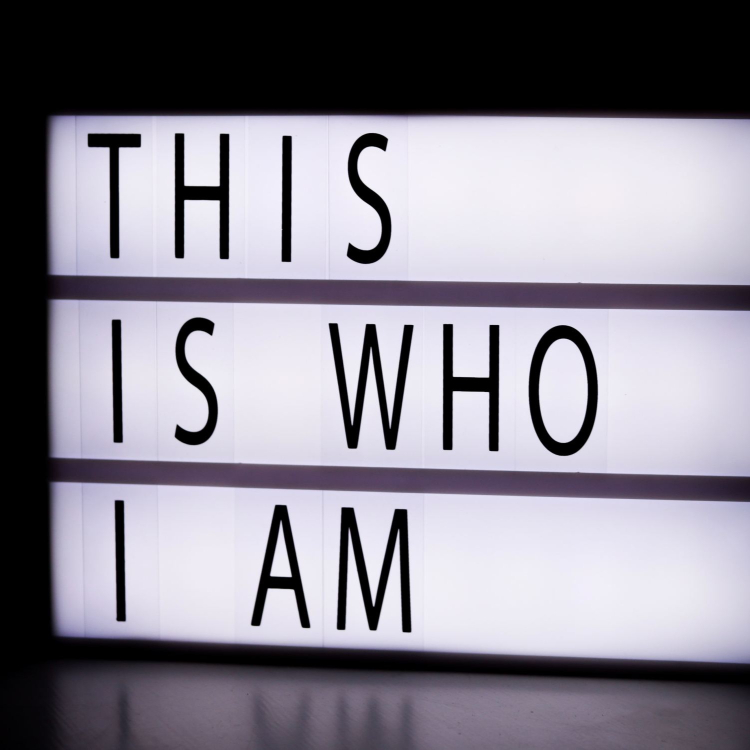I used to think my “authentic” writing voice that was hiding somewhere for me to find, through experimentation and exploration. If I wrote long enough and looked hard enough, it would show up.
Clearly, I was not alone in that belief.
Whenever I ask ChatGPT for keywords, titles, or thoughts about writing voice, it always comes back with “authentic writing voice.” In searching through the universe of people talking about voice, clearly it hears a lot about this authentic voice.
But what exactly do we mean by an authentic writing voice?
Is our authentic writing voice unique and identifiable, open to imitation or parody? In that case, only the most extreme or unusual voices would be authentic. That can’t be right.
One of the Merriam-Webster definitions of authentic is “not false or imitation.” Given that, here are a few likely candidates.
The unbidden, automatic voice
Sometimes when we write in a flow state, words seem to arrive from some other location. Strings of phrases or sentences appear like a gift.
Is that unbidden one your authentic writing voice?
And if so, does that mean we shouldn’t edit our work if we want to be authentic? Sticking to that belief would be like walking around in dirty laundry saying, “Sure, it’s smells, but it’s me!”
Most of our writing does not show up without explicit invitation and effort.
Even when it does, we rarely present these exact words to the world at large. We clean it up and edit it. Literary voices that seem raw and automatic are often carefully crafted or polished.
Let’s just admit that writing voice is a product of intentional work, which includes editing and considering what the reader needs or expects.
The confessional voice
Perhaps we are authentic when we lay bare our deepest inner truths.
Poetry has certainly taken a turn toward the confessional compared to years past. But in other forms—fiction, nonfiction—must we all bare our souls? Is it appropriate or even useful?
Let’s agree that we can write in an authentic voice without being exhibitionist.
A voice that “sounds” like you
This definition comes closest: the writing voice that sounds most like “you” when you speak with someone.
However…
Your speaking voice shifts and changes with time and circumstance. Same with writing. And, we don’t always write just as we speak—nor should we.
If you keep a journal, you know that your unfiltered voice shifts and changes. We are complex and ever-changing beings. Our voices shift with our moods, our situations, and even our audiences.
I speak differently to a child than to a colleague. Does that mean that I am not authentic? Or am I merely being authentic to that particular situation and relationship?
What I now believe: It’s a journey
I have many authentic writing voices: The voice in my books and in blog posts. The voice I use in a journal or letters to family. And multiple voices as I try different genres.
How do you find your own authentic voices? Experimentation helps.
Sometimes we merely need to get rid of the nagging doubts to find a voice that represents our thoughts and ideas. Fear of other people’s judgment often makes us hide behind weak statements and dull prose.
It takes confidence in our opinions and ourselves to share our authentic voices with the world.
You’re most likely to achieve this confidence by testing and stretching your voice, finding what feels natural and true to you.
You have many writing voices. Uncovering a new writing voice is like opening a new window to the world. It’s a gift.
More about voice
For a bunch of experiments and prompts for stretching your writing voice, check out my latest book, The Writer’s Voice.

